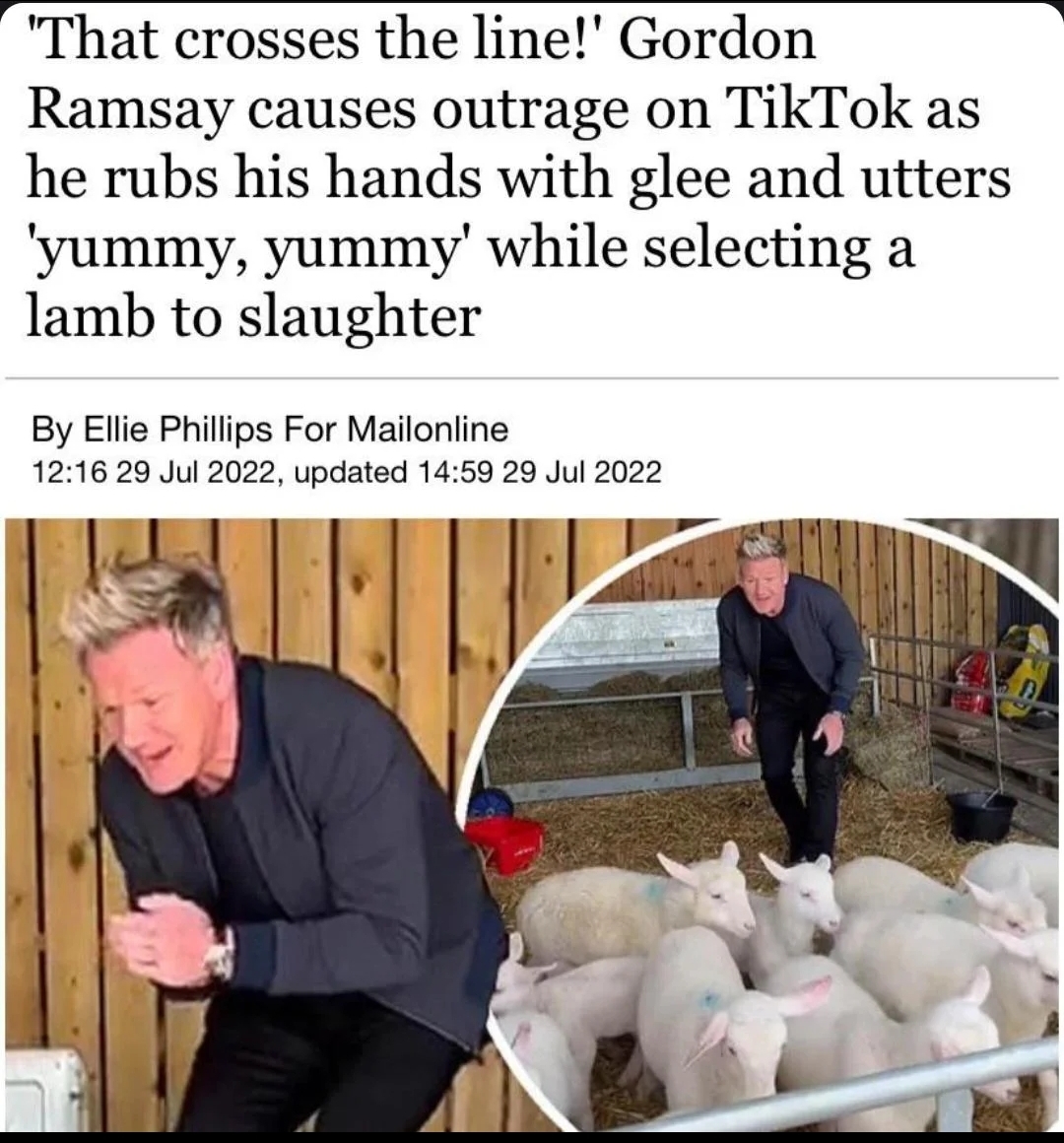this post was submitted on 17 Oct 2023
578 points (89.7% liked)
Funny: Home of the Haha
5714 readers
1492 users here now
Welcome to /c/funny, a place for all your humorous and amusing content.
Looking for mods! Send an application to Stamets!
Our Rules:
-
Keep it civil. We're all people here. Be respectful to one another.
-
No sexism, racism, homophobia, transphobia or any other flavor of bigotry. I should not need to explain this one.
-
Try not to repost anything posted within the past month. Beyond that, go for it. Not everyone is on every site all the time.
Other Communities:
-
/c/TenForward@lemmy.world - Star Trek chat, memes and shitposts
-
/c/Memes@lemmy.world - General memes
founded 1 year ago
MODERATORS
you are viewing a single comment's thread
view the rest of the comments
view the rest of the comments

I appreciate the likely uncomfortable truth you present here. Much respect to you and I generally feel the same. Not everyone is willing to move on now, and that's just the nature of cultural norms. For me personally, I don't particularly care what other people do and just try to lead by example.
It is really uncomfortable but also complex. There's so many reasons people still eat meat but you can't really engage with the discussion without acknowledging how expensive/ time consuming following a fulfilling vegan diet that meets all bodily needs is. I think that's a big part of why people won't "move on." Someone else may correct me if I'm wrong because I don't know much on this but I feel like a good vegan diet is so heavily commodified that people can't afford it. The majority of people dom't have a choice as things are, and there aren't many policy changes being put in place to enable ordinary working to lower middle class people to seriously consider a vegan diets.
I don't agree with that, here's a study from Oxford University confirming vegan diets are on average 33% cheaper than omniverous diets.
It can be expensive going vegan if you eat brand name fake meat every day but everyday vegan staples (chickpeas, lentils, beans etc) cost very little.
Great study. To those who believe that raising own meat, dairy, eggs, hunts, fishes, or traps comes in as "nearly free food," either doesn't place a value on their time, and/or doesn't consider the large costs in investment and learning-curve / training involved. (And if it was that cheap and easy, then it would be reflected in low prices at the market and therefore still be cheaper. Evidently, it is not).
you're misreading my comment. I am not calling those methods nearly free (though, for some people, they are.) I'm talking about programs like SNAP or WIC in the USA or food banks or food distribution programs. if someone w literally hands you 5 pounds of pork, and you throw that out, you need to replace that food somehow, probably with money.
that study doesn't account for anyone who gets free or directly subsidized food, raises their own meat dairy or eggs, hunts, fishes, or traps. as a result, it excluded the actual conditions of basically every poor person in a developed country. for many people it is much cheaper not to throw away free or nearly free food and go buy vegan food.
I do agree it requires significant education. I think it's about what's served to us as a cultural norm and thus habit-ingraining. For instance, my parents will never switch because it's too much effort to teach old dogs new tricks. They grew up around dairy farms and massive lobbyists in the meat & cattle industry shaping the menu of the America diet.
And admittedly, it would've been harder to be vegetarian 20 years ago or more than now, thanks to access to vegetarian options, wider produce options, and restaurant menus accommodating this.
To put in perspective, India and Asia has large populations subsisting on largely vegetarian / vegan diets for dirt-cheap. If for example it weren't the dairy and poultry lobbyists who reigned supreme in America but rather soybean and legume lobbyists, we'd be making the opposite arguments of convenience as we are now. It's sort of the same argument oil lobbyists made in resisting the shift to electric vehicles and rail transit.
I can't fully speak for vegans as I'm not one. I suppose I'm close to an Ovo-vegetarian who avoids dairy when possible but not religiously.
I can say that if you really want to be vegetarian or vegan, it CAN be done as cheaply if not more cheaply than the average middle or lower-class diet. But again it takes more education in nutrition to know exactly what you're looking for. When I first transitioned to vegetarianism, it was a massive learning-curve that took me at least 2-3 years to start getting a sufficient grasp on the dietary needs and adjust accordingly. Most people simply don't know how.